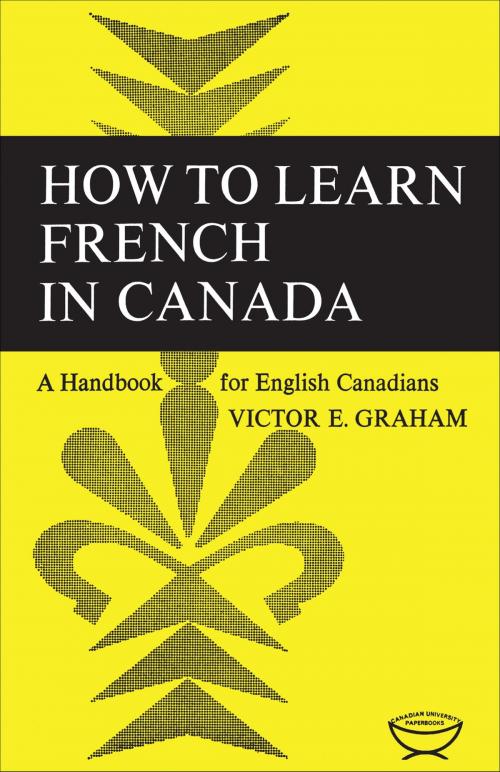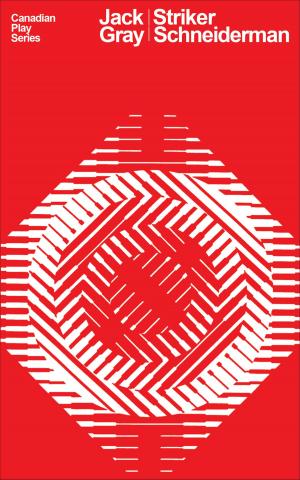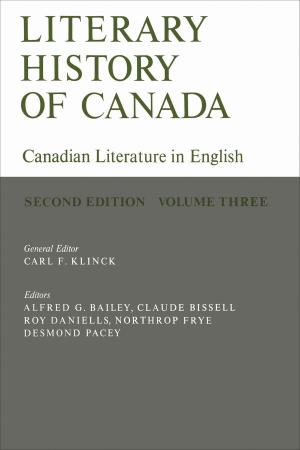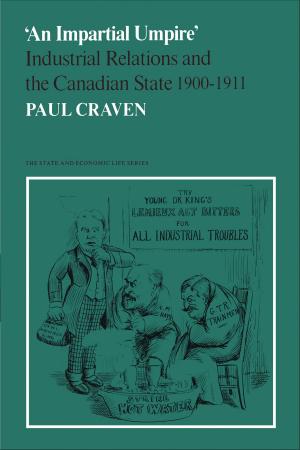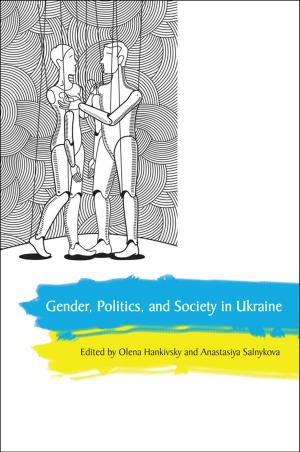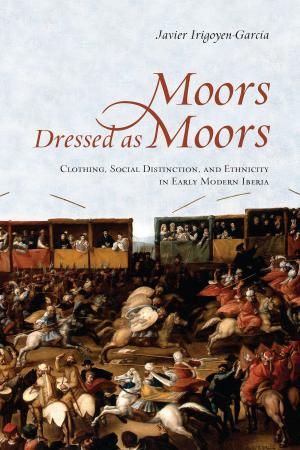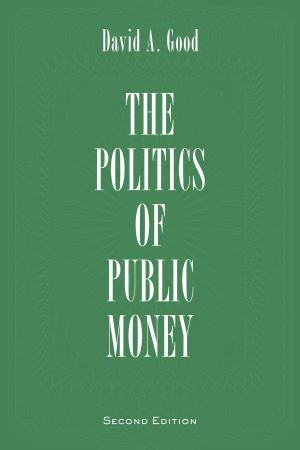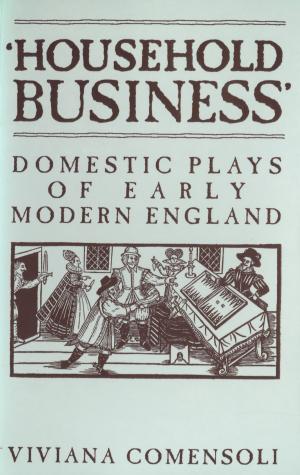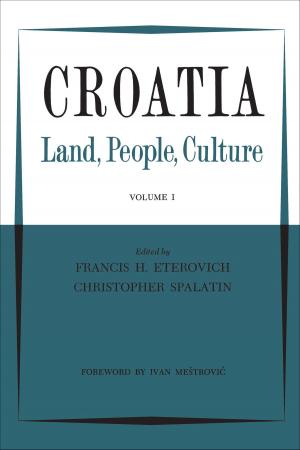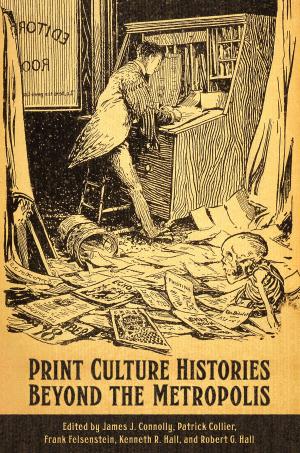How to Learn French in Canada
A Handbook for English Canadians
Nonfiction, Reference & Language, Education & Teaching, Educational Theory, Adult & Continuing Education, Bilingual Education, Reference| Author: | Victor E Graham | ISBN: | 9781487597764 |
| Publisher: | University of Toronto Press, Scholarly Publishing Division | Publication: | December 15, 1965 |
| Imprint: | Language: | English |
| Author: | Victor E Graham |
| ISBN: | 9781487597764 |
| Publisher: | University of Toronto Press, Scholarly Publishing Division |
| Publication: | December 15, 1965 |
| Imprint: | |
| Language: | English |
It is well known that even after several years' exposure to high-school French, most English Canadians remain unable to speak the language. It is equally well known that many French Canadians are bilingual. One of the more obvious explanations for this relative deficiency on the part of the English Canadian is his lack of opportunities to use the French language in day-to-day situations, and, conversely, the French Canadian's need to know the second language, too often perhaps for economic reasons.
Professor Graham's book gives useful and practical suggestions on how to go about becoming fluent in French. It offers not a course of instruction, but a listing of practical ways of applying oneself to a study of the language. There is specific, up-to-date information and advice regarding services provided by the governments of Quebec and France, courses offered in various Canadian communities, clubs and societies, correspondence courses, universities and summer schools, and language laboratories. A feature which will be especially helpful for those in remote areas is the listing of publications (books, newspapers, and periodicals), music and songs, records, films, and radio and television programmes which provide instruction in French. The reader will quickly see that the available means are much more varied than he realizes, and it is in providing this concise, convenient enumeration of them that Professor Graham performs a great service. Any adult who is reasonably proficient in French, but wishes to improve, will find this a practical and useful guide to ways of making a personal contribution to bilingualism in Canada.
This study has been prepared under the sponsorship of the Canadian Association for Adult Education.
It is well known that even after several years' exposure to high-school French, most English Canadians remain unable to speak the language. It is equally well known that many French Canadians are bilingual. One of the more obvious explanations for this relative deficiency on the part of the English Canadian is his lack of opportunities to use the French language in day-to-day situations, and, conversely, the French Canadian's need to know the second language, too often perhaps for economic reasons.
Professor Graham's book gives useful and practical suggestions on how to go about becoming fluent in French. It offers not a course of instruction, but a listing of practical ways of applying oneself to a study of the language. There is specific, up-to-date information and advice regarding services provided by the governments of Quebec and France, courses offered in various Canadian communities, clubs and societies, correspondence courses, universities and summer schools, and language laboratories. A feature which will be especially helpful for those in remote areas is the listing of publications (books, newspapers, and periodicals), music and songs, records, films, and radio and television programmes which provide instruction in French. The reader will quickly see that the available means are much more varied than he realizes, and it is in providing this concise, convenient enumeration of them that Professor Graham performs a great service. Any adult who is reasonably proficient in French, but wishes to improve, will find this a practical and useful guide to ways of making a personal contribution to bilingualism in Canada.
This study has been prepared under the sponsorship of the Canadian Association for Adult Education.
